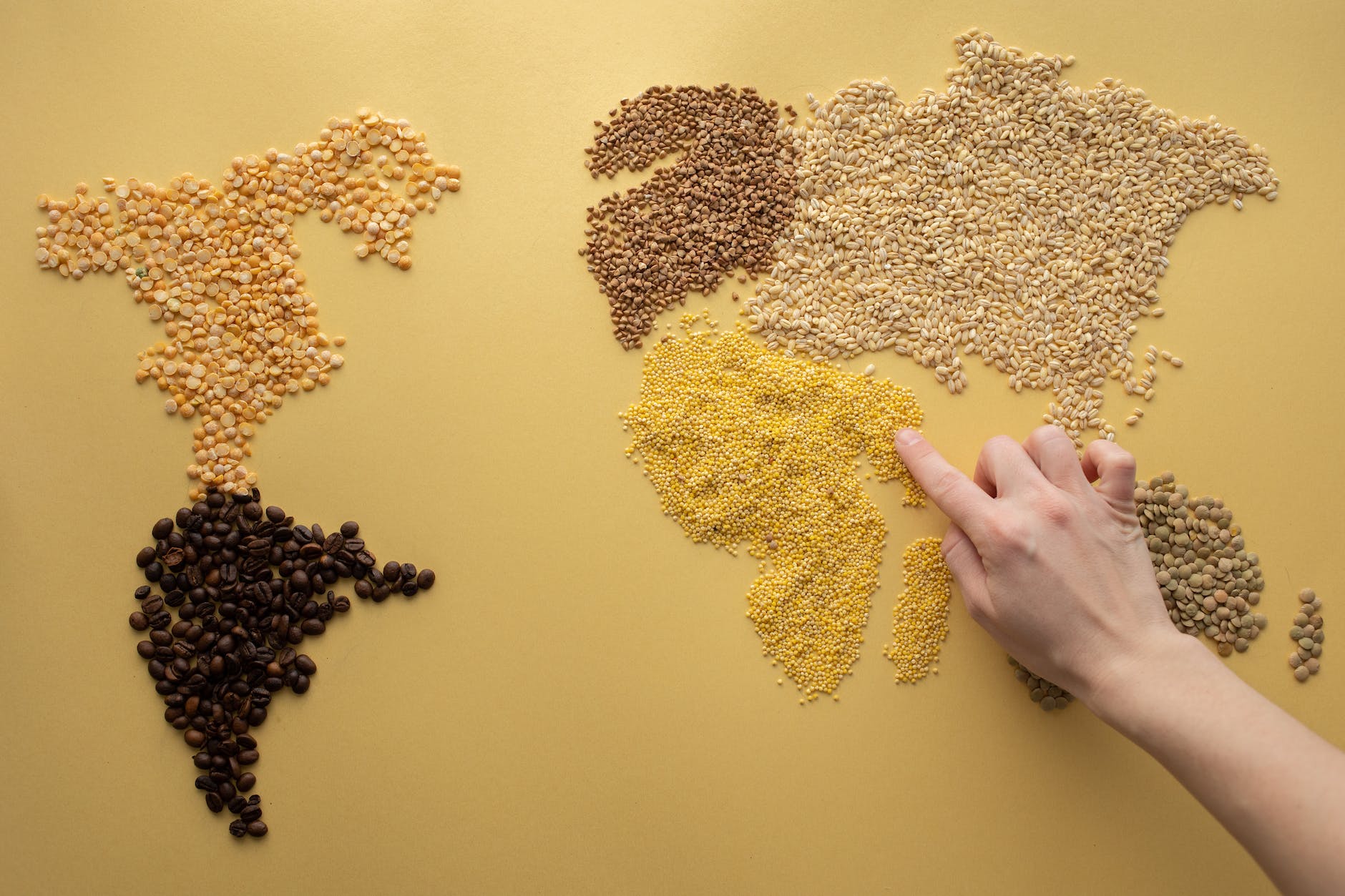
Beans are a popular and versatile food that can be found in various cuisines worldwide. But are they compatible with a keto diet? In this post, we’ll explore the world of beans and provide detailed guidance on which varieties can be included in a keto lifestyle. We’ll delve into their nutritional profiles, carbohydrate content, and the potential benefits they offer for those following a ketogenic eating plan.
Understanding the Keto Diet and Carbohydrate Limitations 🥑
The ketogenic diet is a low-carbohydrate, high-fat dietary approach that encourages the body to enter a metabolic state called ketosis. By significantly reducing carbohydrate intake and increasing fat consumption, the body transitions from using glucose as its primary fuel source to burning stored fat for energy. The typical macronutrient breakdown for a keto diet is around 70-75% of calories from fat, 20-25% from protein, and only 5-10% from carbohydrates.
Given the strict carbohydrate limitations of the keto diet, it’s crucial to choose foods that are low in net carbs, which are calculated by subtracting fiber from total carbohydrates. While beans are a rich source of fiber and provide essential nutrients, their carbohydrate content varies significantly depending on the type and preparation methods.
Beans and Their Nutritional Profile 🌱
Beans are known for their high fiber content, plant-based protein, and array of vitamins and minerals. Let’s dive deeper into the nutritional profiles of some common bean varieties per 100 grams:
- Black Beans: Calories: 132, Carbohydrates: 23g (7g net carbs), Fiber: 16g, Fat: 0.5g, Protein: 8g
- Kidney Beans: Calories: 127, Carbohydrates: 22g (8g net carbs), Fiber: 14g, Fat: 0.5g, Protein: 8.7g
- Pinto Beans: Calories: 143, Carbohydrates: 27g (18g net carbs), Fiber: 9g, Fat: 0.9g, Protein: 9g
- Chickpeas: Calories: 164, Carbohydrates: 27g (21g net carbs), Fiber: 6g, Fat: 2.6g, Protein: 8.9g
- Lentils: Calories: 116, Carbohydrates: 20g (14g net carbs), Fiber: 6g, Fat: 0.4g, Protein: 9g
These values provide an overview of the macronutrient composition of these beans. While they are rich in fiber, which can help slow down the digestion of carbohydrates and promote feelings of fullness, their overall carbohydrate content may limit their suitability for strict ketogenic diets.
Beans on the Keto Diet: Moderation and Preparation 🌱
While some beans may not be suitable for strict keto diets due to their higher carbohydrate content, others can still be enjoyed in moderation as part of a well-balanced keto meal plan. Here are some important considerations when incorporating beans into your keto diet:
- Portion Control: When consuming beans, portion control is key. Stick to smaller serving sizes to manage carbohydrate intake and ensure it aligns with your daily goals. Consider incorporating beans as a side dish rather than the main component of a meal.
- Choose Lower-Carb Options: Opt for beans that have a lower net carb content, such as black soybeans, edamame, or green beans. These options tend to be lower in carbohydrates and higher in fiber, making them more keto-friendly.
- Preparation Methods: The way you prepare beans can impact their overall carbohydrate content. Soaking and sprouting beans before cooking can help reduce their carbohydrate levels. Additionally, consider longer cooking times and incorporating vinegar or acidic ingredients, as these may further lower the glycemic impact of beans.
- Pair with Fat and Protein: When consuming beans, it’s important to balance their carbohydrate content by pairing them with adequate fat and protein sources. This helps slow down digestion and minimizes blood sugar spikes. Consider adding sources of healthy fats like avocado, olive oil, or nuts to your bean-based dishes.
- Consider Individual Tolerance: Everyone’s response to carbohydrates can vary. Some individuals following a keto diet may be able to incorporate small amounts of beans without negatively impacting ketosis. It’s essential to monitor your body’s response and adjust your intake accordingly.
The Benefits of Beans and Alternative Keto-Friendly Options 🌱💪
While some beans may not fit within the strict macronutrient requirements of the keto diet, they do offer several health benefits and can still be part of a balanced diet:
- Fiber and Digestive Health: Beans are an excellent source of dietary fiber, which is essential for digestive health and regular bowel movements. Fiber can also help promote feelings of fullness and support weight management.
- Plant-Based Protein: Beans are a valuable plant-based protein source, making them an excellent option for individuals following a vegetarian or vegan keto diet. Protein is crucial for muscle repair, satiety, and overall health.
- Vitamins and Minerals: Beans are rich in vitamins and minerals, including folate, iron, magnesium, and potassium. These nutrients are essential for various bodily functions, such as energy production, red blood cell formation, and maintaining electrolyte balance.
- Alternative Keto-Friendly Options: If you prefer to minimize your bean consumption on the keto diet, there are alternative keto-friendly options available. Consider incorporating non-starchy vegetables like spinach, kale, broccoli, cauliflower, and zucchini, which provide essential nutrients with lower carbohydrate content.
Conclusion 💡
Beans offer a range of nutritional benefits, including fiber, plant-based protein, and essential vitamins and minerals. While some bean varieties may not be suitable for strict keto diets due to their higher carbohydrate content, others can still be enjoyed in moderation as part of a well-rounded keto meal plan. Remember to consider portion sizes, choose lower-carb options, and balance your meals with healthy fats and proteins. If you prefer to minimize your bean intake on the keto diet, non-starchy vegetables can be excellent alternatives that provide similar nutritional benefits. As with any dietary decision, consult with a healthcare professional or registered dietitian to ensure your diet aligns with your specific health needs and goals. 🌱💪🥦








